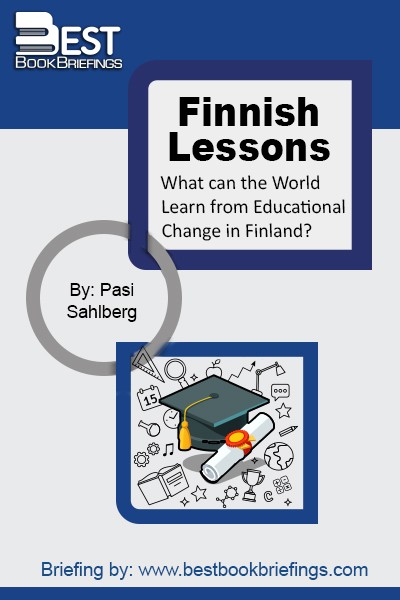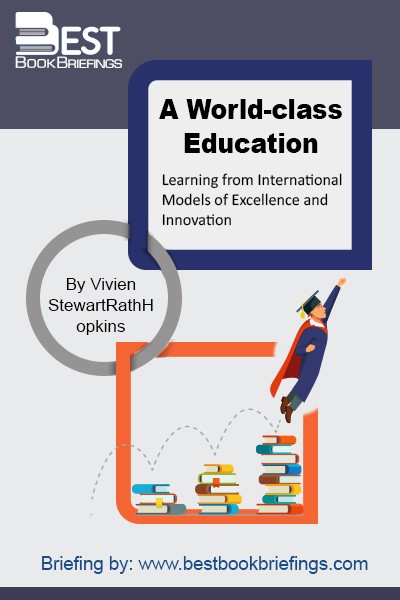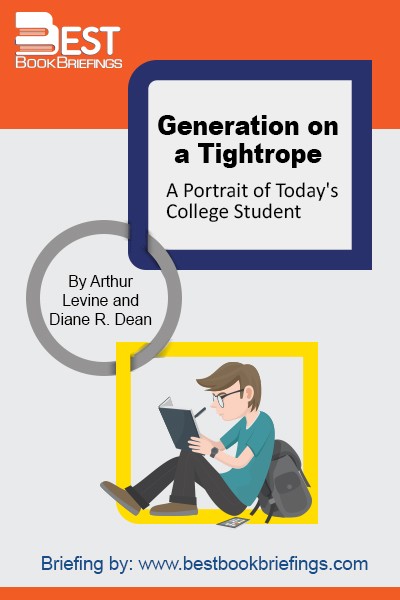Generation on a Tightrope
A Portrait of Today's College Student
Editorial Review
Today’s college students are struggling to maintain their balance as they attempt to cross the gulf between their dreams and the diminished realities of the world in which they live. They are seeking security but live in an age of profound and unceasing change. This is a generation that thinks of itself as global citizens but knows little about the world and acts locally. It is the most diverse generation in collegiate history with the strongest relationships between races but they have limited interest in talking about race or reaching across political or generational divides.
Book Reviews
Books on Related Topics

Finnish Lessons is a first-hand, comprehensive account of how Finland built a world-class education system during the past three decades. The author traces the evolution of education policies in Finland and highlights how they differ from the United States and other industrialized countries. He shows how rather than relying on competition,

Globalization poses challenges for everyone. Every education system in the world struggles to some degree to keep up with the rapid pace of change. And countries face many similar challenges. For example, widespread internal and international migration have created more heterogeneous societies everywhere, placing new demands on educators as they respond

We increasingly treat education as though its primary goal were to teach students to be economically productive rather than to think critically and become knowledgeable and empathetic citizens. This shortsighted focus on profitable skills has eroded our ability to criticize authority, reduced our sympathy with the marginalized and different, and damaged



